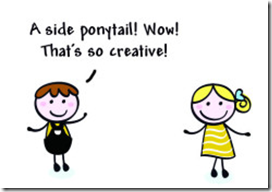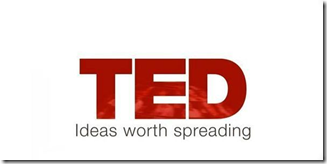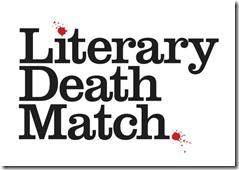WeCroak: An app that does what my brain already does
/My friend, Kim, alerted me to a new app called WeCroak. It does one simple thing:
Five times per day, at unpredictable intervals, it sends you a message that says:
“Don’t forget, you’re going to die.”
The app was created by Ian Thomas, a 27-year-old freelance app developer, and Hansa Bergwall, a 35-year-old publicist,
“I would get to the end of the day and realize I’d forgotten the entire day to think about death,” Bergwall said. “And it occurred to me, This is so easy: I could just get my phone to remind me.”
If you know me well, you'll know that Kim alerted me to the app not because I needed to be reminded that I am going to die but because it's something I think about all the time. In fact, when I read about the app and saw that it offered five reminders per day, I thought, "Five? That's it? I think about death five times an hour!"
And that's truly a conservative estimate.
The result of two near-death experiences and an armed robbery that included a gun to my head and the trigger being pulled has left with a persistent, constant, existential bell ringing in my head at all times. And it's not an entirely bad thing. The never-ending reminder that I will someday die has caused me to be relentless in terms of pursuing my goals and making every moment count.
It's the thing that forces me out of my chair when Charlie asks me to play. It's the thing that compels me to pick up my tall, gangly nine year-old daughter every time she asks. It's what keeps the TV turned off when there is a book to write or a story to tell. It's what sends me to the gym on an almost daily basis, hoping to stave off the inevitable. It's why I drive to New York on a Tuesday night to perform despite the fact that I will arrive home in the wee hours of the morning and still be out of bed by 5:00 AM. It's what causes me to say yes to the craziest proposals.
The constant ringing of my existential bell keeps me moving. Forces me to look forward. Insists that I make every moment count.
But it's also what produces anxiety in me when times goes by and progress is not made. It's the thing that breaks my heart when I ponder all that will be lost when I die. It's why I can be so happy with my life while also be in a constant state of perpetual dissatisfaction.
Sometimes it's crushing to my soul.
I'm not sure if it's something I would ever wish upon someone, though I have met people who wish they could experience life similarly.
I once gave a Ted Talk once that attempted to offer the benefits of an ongoing existential crisis without all the angst and despair. I tried to thread the needle, so to speak.
So although I didn't need the WeCroak app, I downloaded it anyway, much to Elysha's exasperation. I receive my reminder five times a day, accompanied by a quote meant to encourage “contemplation, conscious breathing or meditation” but does not.
I thought it would be amusing.
Then one night a couple weeks ago I was driving to Queens for a Moth StorySLAM. Though I had left with more than enough time, traffic was giving me fits. About an hour into my drive, it looked like I might be late for the slam, which meant I would have no chance to perform onstage.
I considered turning back. If I arrived in Queens late, I was going to be upset. Yes, I would still hear some great stories and visit with some good friends, but my primary purpose was to tell a brand new story that I liked a lot. Try to win. Gain access to another Moth GrandSLAM championship.
If none of that was going to happen, maybe I should turn around now and spend the night reading to my kids, working on a book, and sitting beside Elysha. Why risk another 90 minutes or more on the road, plus a return trip, for nothing?
I looked down at my phone to see what my estimated time of arrival was. On my screen was a message:
“Don’t forget, you’re going to die.”
That was it. I dropped the phone and pushed onward, hell bent on making it to the slam on time.
I did. I arrived just in the nick of time. I dropped my name in the hat.
I got chosen to tell my story.
I won.
Would I have turned around had I not seen that message?
Maybe. I would've at least pondered the decision a little more. Debated its merits. Wondered if the possibility of not having a chance to take the stage was worth all this trouble.
WeCroak at least cemented a decision I probably would've made anyway. Maybe.
It turns out that even someone as crazed and obsessed with death can use a reminder every now and then.
Maybe you could, too.












